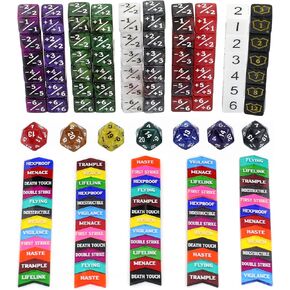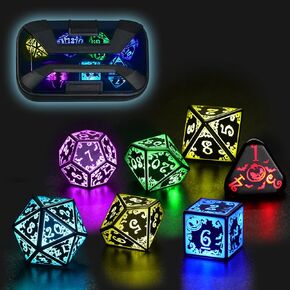- Shopping, made easy.
- /
- Get the app!
Basic gameplay:
Gonggi (공기):
Round 1: Five stones are scattered on a flat surface. The player chooses one of them and throws it into the air, while quickly grabbing a stone on the ground and then catching the stone in the air. This process is repeated until all stones are individually grabbed.
Round 2: This time, the player needs to grab two stones on the ground at the same time each time he throws the stone in the air.
Round 3: Each time he throws, the player needs to grab three stones and then grab the remaining one.
Round 4: The player grabs four stones at once.
Round 5: Throw one of the stones into the air, quickly gather the four stones on the ground into a pile, and then catch the stone in the air.
Jebi Chagi (제비차기)
In the game, players kick Jebi Chagi with their feet, causing it to flip in the air and fall back to the ground. This game tests players' balance and coordination.
Biseokchigi (비석치기)
Usually includes the following steps:
1. Draw two long lines on the ground, 4 to 5 meters apart.
2. Each player prepares a palm-sized stone, and then decides who will attack first by playing rock-paper-scissors.
3. The losing party places their stone vertically on the pre-drawn line, while the winner tries to knock down the opponent's stone with their stone.
4. If the attacker fails to knock down the opponent's stone, it is the other party's turn to attack.
5. The party whose stone remains standing wins.
Paeng-i Chigi (팽이치기)
The game can be played by two or more people, or by a single player. During the game, the goal is to keep the top spinning for as long as possible while trying to knock down the opponent's top with your own top. Frozen courtyards or streets are usually the venue for Paeng-i Chigi.
Ddakji (딱지)
The rules of the game are relatively simple:
1. Players decide who starts first by playing rock-paper-scissors.
2. The losing party places their Ddakji on the ground, face up.
3. The player whose turn it is uses their Ddakji to hit the Ddakji on the ground, with the goal of flipping it over.
4. If the flip is successful, the opponent's Ddakji belongs to you; if not, it is the opponent's turn.

 130PCS MTG Keyword Counters Tokens & MTG Life Counter Dice Set for Magic Card Accessories, Compatible with MTG CCG Card Gaming Accessories
KWD 12.500
130PCS MTG Keyword Counters Tokens & MTG Life Counter Dice Set for Magic Card Accessories, Compatible with MTG CCG Card Gaming Accessories
KWD 12.500
 VinylShopUS - Mystery Box Vinyl Records Music Albums LPS Bulk Lot Randomly Chosen Vintage Original LPs With Sleeves Lot of 20, Black
KWD 20.500
VinylShopUS - Mystery Box Vinyl Records Music Albums LPS Bulk Lot Randomly Chosen Vintage Original LPs With Sleeves Lot of 20, Black
KWD 20.500
 Light Up DND Dice Set Rechargeable with Charging Case for Dungeons and Dragons LED Dice Set D&D 7 Color Polyhedral Role Playing RPG Dice for Tabletop DND Gifts (Pumpkin RGB)
KWD 15
Light Up DND Dice Set Rechargeable with Charging Case for Dungeons and Dragons LED Dice Set D&D 7 Color Polyhedral Role Playing RPG Dice for Tabletop DND Gifts (Pumpkin RGB)
KWD 15
 -13%
Weiss Schwarz Marvel Vol. 2 Booster Pack Box
KWD 24
-13%
Weiss Schwarz Marvel Vol. 2 Booster Pack Box
KWD 24